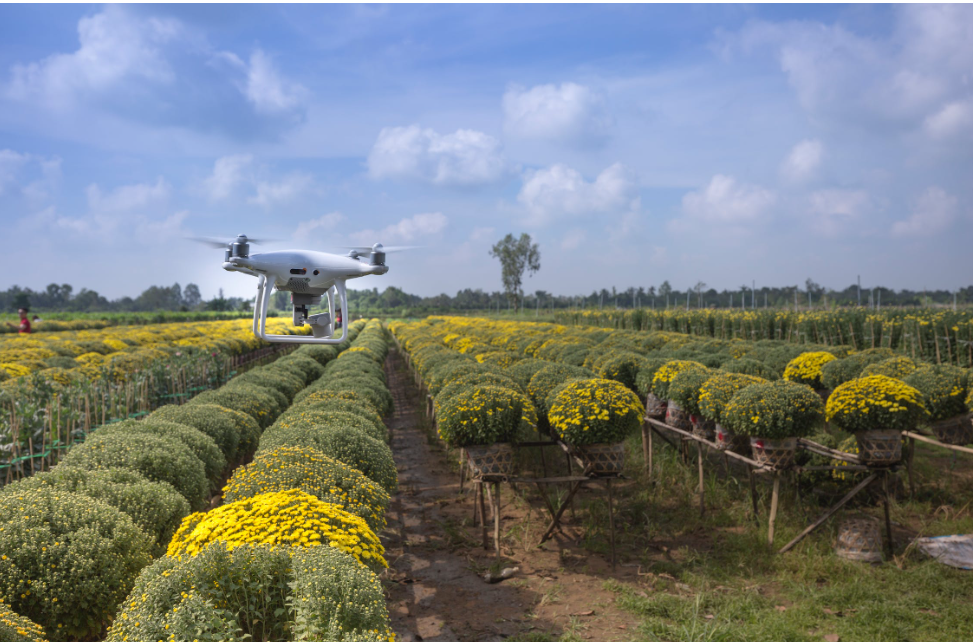By Putri Zerith Sofea
Automobiles revolutionised the transportation industry in the past, which had a positive effect on the world economy. The same can be said of the drone business today, which is pre-programmed to carry out particular missions in an effort to automate labor-intensive operations and support the expansion of industries.
The need for drone capabilities has largely been concentrated on services like package delivery for goods like food and medicine, as well as retail applications, which will be made possible by additional technology improvements.
The drone industry is anticipated to contribute RM50.71 billion to Malaysia’s gross domestic product (GDP) by 2030, according to statistics from the Malaysia Aerospace Industry Association 2021 and comments from participants and stakeholders in the drone tech ecosystem.
Drone technology can also be used to examine important assets for flaws, police borders for national security, and provide precision agricultural services as an alternative to labor-intensive manual operations usually carried out in high-risk areas.
According to Dzuleira Abu Bakar, CEO of Malaysian Research Accelerator for Technology and Innovation, our oil palm farms would need 75,000 to 150,000 drones to operate in order to boost production and yield in the industry.
With so many technological advancements in the agriculture industry, Aerodyne Ventures Sdn Bhd is seeing exponential growth. According to Kamarul A. Muhamed, founder and CEO of Aerodyne, addressing food security is more important than ever due to the growing population, socioeconomic gaps, and interruptions in the supply chain. Drones will assist address these challenges.
By deploying big, autonomous, pilotless aerial aircraft for tasks like medical delivery, disaster management, and search and rescue, advanced air mobility technology is revolutionising the logistics and transportation industry. In addition to increasing safety, this will result in significant cost and time reductions.

